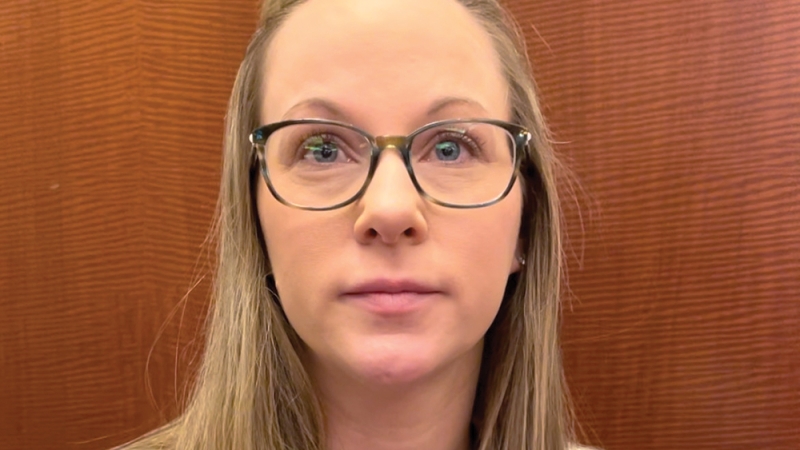Munar also said that mortgage shops tend to stock up on LOAs during busy markets to crank out loans, but that doesn’t mean that they can’t readjust their staff in a down market when money is tighter.
Dacey, on the other hand, says that he decided to take the leap and splurge on an LOA after hearing repeated advice to do so in the industry and after his business began growing. “I made the decision to hire an assistant because I heard on a webinar that you can’t afford an assistant until you make the jump and hire one,” he said. “They become a part of your regular team. Like my other employees, they receive health insurance and a 3% match IRA plan.”
Munar says that as someone who is on the road a lot, having four LOAs has been instrumental in Co/LAB’s success. “The simple fact is that you can’t do it all. Ronald McDonald doesn’t cook his own french fries,” Munar quipped. “Sales and fulfillment cannot be the same person. It’s a decision that most people wished they had made sooner.”
Toeing The Line
Today, the line between an LOA and a regular mortgage loan officer is more defined than it was in the early 2000s, thanks to the Dodd Frank Wall Street reform that established regulatory requirements for each role. LOAs can work licensed or unlicensed, which gives them specific job constraints. Michael Barone, a managing partner of Abrams, Garfinkel, Margolis & Bergson Law’s mortgage compliance practice, specializes in mortgage regulatory practices. He says that the best way to avoid confusion between licensed and unlicensed LOAs is simple: Companies should disclose what duties each LOA is allowed and not allowed to perform.
“The key difference is that unlicensed LOAs are not allowed to quote interest rates or really make recommendations to clients,” Barone said. “A processor, LOA — licensed or unlicensed — all have limitations on what they can do.” Munar provided a similar perspective and said, “An unlicensed LOA can really just do paperwork. They can’t talk about the rates or solicit business.”
Barone also said that what licensed versus unlicensed LOAs can do is also scenario-based and some gray areas exist. “I think it’s very easy to script what an LOA should say or do, but it’s hard to guess what the consumer’s response or questions will be,” he explained. “That’s why LOAs should get training on how to respond to certain situations that they may not be sure they’re permitted to answer.”














